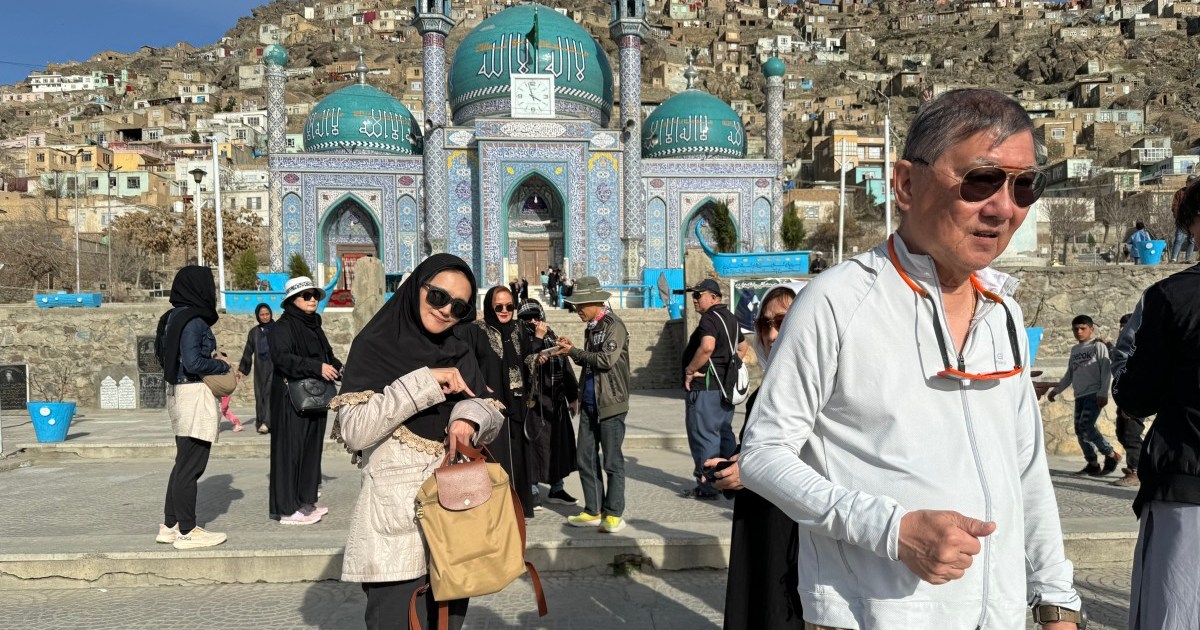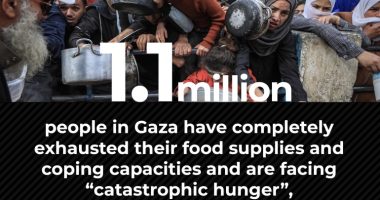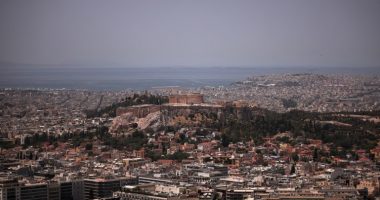
His soldier son toured Afghanistan with fighters in his crosshairs, but US traveller Oscar Wells has a different objective – sightseeing promoted by the Taliban’s fledgling tourism sector.
Marvelling at the 15th century Blue Mosque in northern Mazar-i-Sharif, 65-year-old Wells is among a small but rising number of travellers visiting Afghanistan since the war’s end.
Decades of conflict made tourism in Afghanistan extremely rare, and while most violence has now abated, visitors are still confronted with extreme poverty, dilapidated cultural sites and scant hospitality infrastructure.
They holiday under the austere control of the Taliban authorities, and without consular support, with most embassies evacuated following the fall of the Western-backed government in 2021.
They must register with officials on arrival in each province, comply with a strict dress code and submit to searches at checkpoints.
ISIL (ISIS) attacks also pose a potential threat in the country.
The number of foreign tourists visiting Afghanistan rose 120 percent year on year in 2023, reaching nearly 5,200, according to official figures.
The Taliban government has yet to be officially recognised by any country, in part because of its heavy restrictions on women, but it has welcomed foreign tourism.
“Afghanistan’s enemies don’t present the country in a good light,” said Information and Culture Minister Khairullah Khairkhwa.
“But if these people come and see what it’s really like,” he added, “they will definitely share a good image of it.”
Wells, on a trip with travel company Untamed Borders, which also offers tours of Syria and Somalia, describes his visit as a way to connect with Afghanistan’s people.
He describes a “sense of guilt for the departure” of United States troops.
“I really felt we had a horrible exit, it created such a vacuum and disaster,” he said. “It’s good to help these people and keep relations.”
For solo traveller Stefanie Meier, a 53-year-old US citizen who spent a month travelling from Kabul to Kandahar via Bamiyan and Herat in the west, it was a “bittersweet experience”.
“I have been able to meet people I never thought I would meet, who told me about their life,” she said, adding that she did not face any issues as a woman on her own.
She did experience “disbelief that people have to live like this”, she added. “The poverty, there are no jobs, women not being able to go to school, no future for them.”
Read More: World News | Entertainment News | Celeb News
Aljazera








